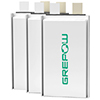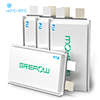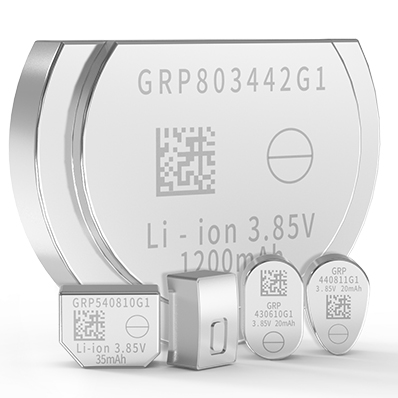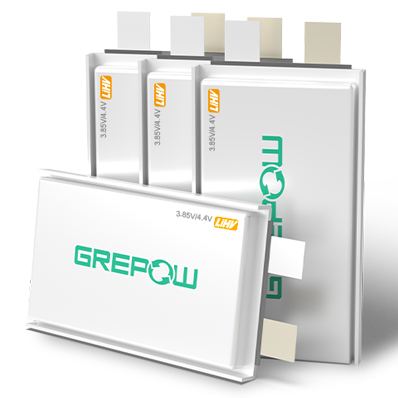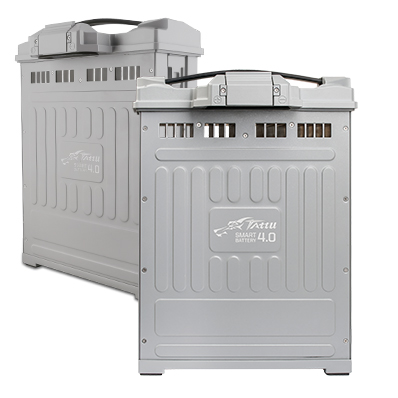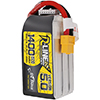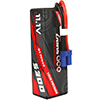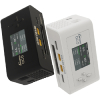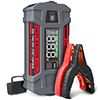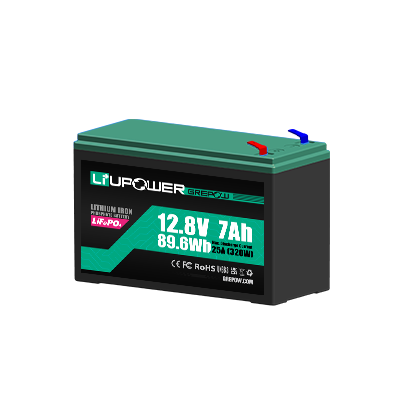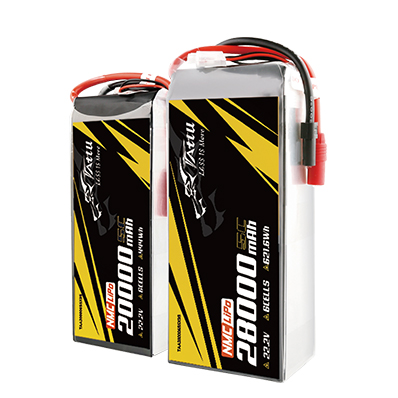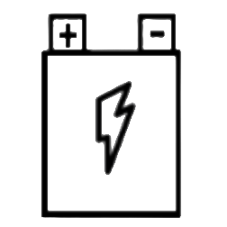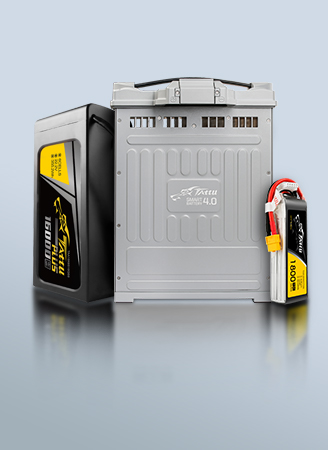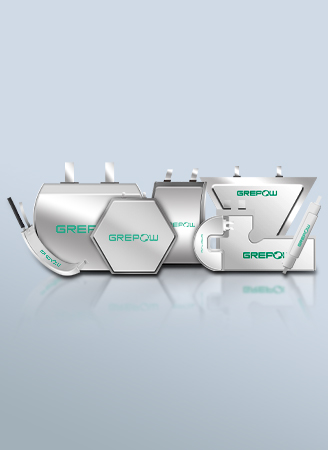What is industrial batteries?
“Industrial Batteries” is used to imply that the battery is designed to withstand heavy use and more vibration and possible temperature extremes.
Industrial batteries vs Ordinary batteries
Compared with ordinary batteries, the industrial batteries will perform better or be designed to be more powerful, but they will also sacrifice some of the performance. For example: In order to perform high rate discharge, the no. of cycles will be reduced. Billions of batteries are manufactured globally each year, the vast majority of which are used in consumer devices such as flashlights, cameras, laptops, and smartphones. These consumer applications require both rechargeable and primary (non-rechargeable) batteries, these batteries just need enough capacity, handy, and economical. Always the industrial batteries as known as the battery perform high power.
However, there is no standard for the term so how much is designed into an “industrial” device is left up to the manufacturers and the end user's satisfaction. The “industrial battery” is fit into industrial devices, such as a forklift, vehicle and an electric drill, etc. It may implicate that the batteries are:
● High rate discharge
● High/Low-Temperature resistance
● High capacity
● Deep cycles
etc.
Industrial applications require more ruggedized batteries. Unlike consumer applications, industrial devices are often used in remote, hard-to-reach locations where the device needs to be self-powered and battery replacement and recharging are difficult or impossible. Identifying the ideal power management option is important to these applications because battery failure usually results in failure for the device. As a result, industrial-grade batteries must be able to deliver reliable power for as long as the device is able to operate. Some examples include automated utility meters that have to operate up to 25 years outdoors, remote wireless sensors, automotive toll tags, GPS tracking devices, oceanographic instruments, as well as process control and monitoring devices used in remote locations that are subjected to extreme environmental conditions.
The battery with "Industrial" may more powerful, but not suitable for all equipment. Let's take an example, most camping and kayaking enthusiasts buy energy storage batteries as backup power, or powering some equipment (e.g. refrigeration, audio). But in most cases, users can directly order the brand new battery they want on Amazon, and it comes with the brand, packaging, and warranty. What if we unsatisfactory, it is easy for us to downvote this battery in the customer reviews.
If you seeking Industrial battery, it may mean you looking for reputable vendors, sometimes, it is just an advertising hype with the implication that the batteries are more rugged and last longer. This means that online items may not be able to meet your needs.
Most of the industrial batteries will not be directly available on Amazon, because most of the demand comes from enterprises, and the requirements for batteries are also "harsh" their requirements are more specific like the size, parameters, and shape of the batteries. In other words, industrial batteries can also be said to be battery customization to a certain extent.
Difficulties of Industrial batteries
Now the industrial battery needs to make continuous breakthroughs. Simply assemble it with 18650 cells will not be enough to meet more industrial applications in the future, and more advanced processes will improve the energy density of cells, just like pouch cells. The space is used reasonably, more capacity is provided and so on. Improvements are needed right from atomic scale, cell scale to module and system scale. Today research across the globe is pushing the technology forward at a much higher pace compared to the last decade. The challenges industrial batteries facing:
● Cost
● Extreme temperature resistance
● Charging time
● Energy density vs Power density
● Capacity
● Life
etc.
The cost of Li-ion is high mainly because of the economy of scales. Lithium-ion batteries used in cars are a fraction of the Lead-Acid batteries. For example, Tesla uses 18650 battery packs, and BYD is the same, but in the future, it is likely that LiFePO4 will be used to replace ternary 18650 as a car battery. The raw materials of lithium iron phosphate are widely available and easier to obtain.
Compared to early 2019, the price has been reduced around 30%, but it also needs to solve its low-temperature resistance and life cycles, but I believe that slowly will completely replace the ternary 18650, and other lithium-ion batteries are the same. Lithium batteries will be used in more different fields, not only subsea, snow space, aerospace, but also some high-temperature environments. Maybe it is the underground environment we have not explored yet?
A growing number of industrial applications require rechargeable lithium-ion (Li-ion) cells that can work for up to 20 years while surviving thousands of recharge cycles, operating across a wide temperature range, and delivering high pulses while retaining a very small form factor.
Industrial batteries revolution
I believe that lithium batteries will change everything now, and basically all the tools around us cannot leave the battery. When the use of batteries is more efficient and lower in cost, we will gradually no longer use biofuels, not only the limited resources but is more serious about the global warming issue. Pushed by the Paris agreement, the development of new energy will be very fast and become the mainstream.Installing a big battery on the scale that has already been demonstrated will obviate the need for building fossil fuel peaker plants which are part of that nearly century-old model of a “centralized power generation plant”.
Batteries could be set up and housed in the basement of a city center building without needing massive disruptive construction, and the time associated with that. Only a minimal environmental impact is felt. They can be erected in a fraction of the time needed to build a thermal plant (gas-burning steam generation with rotary generator). They could even be disassembled and moved across town just as easily, if the need dictated. Locating them is therefore more flexible and is part of today’s trend toward the distributed energy resources (DER) paradigm. Lots of little batteries for neighborhood needs… call it a ‘microgrid’. (Transferred from quora respondent Ron Freund)
Learn more about battery
Keep an eye on Grepow’s official blog, and we’ll regularly update industry-related articles to keep you up-to-date on the battery industry.
Grepow: https://www.grepow.com/
Grepow Blog: https://www.grepow.com/blog.html
Related Articles
-
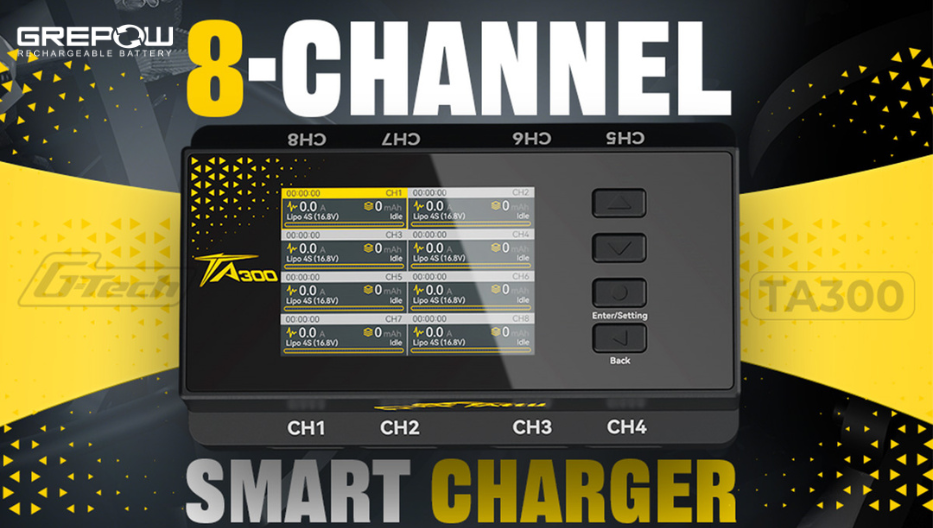
New Release: Tattu TA300 Multi-Channel Smart Charger for Drone Soccer
2025-09-12 -

Practical Guide to 6S LiPo Batteries for Drones & RC Models
2025-04-23 -
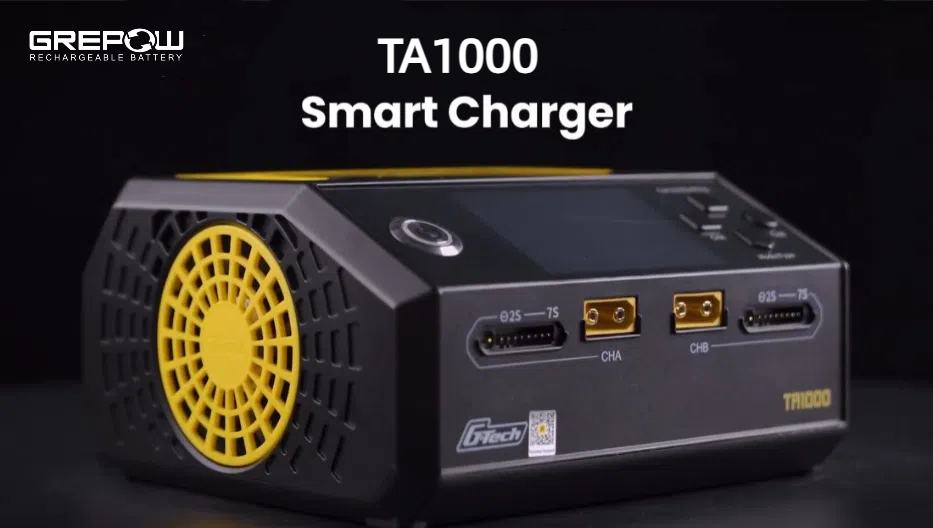
How to Choose a LiPo Battery Charger?
2025-04-08
Related products
-

-30℃ 5C Low-Temperature High Discharge Battery
-

45C High Discharge Battery - High C Rate LiPo
-
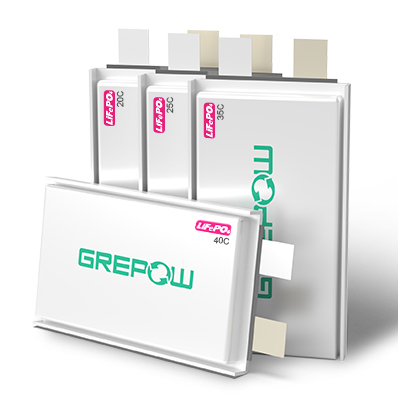
High C Rate LiFePO4 Battery

